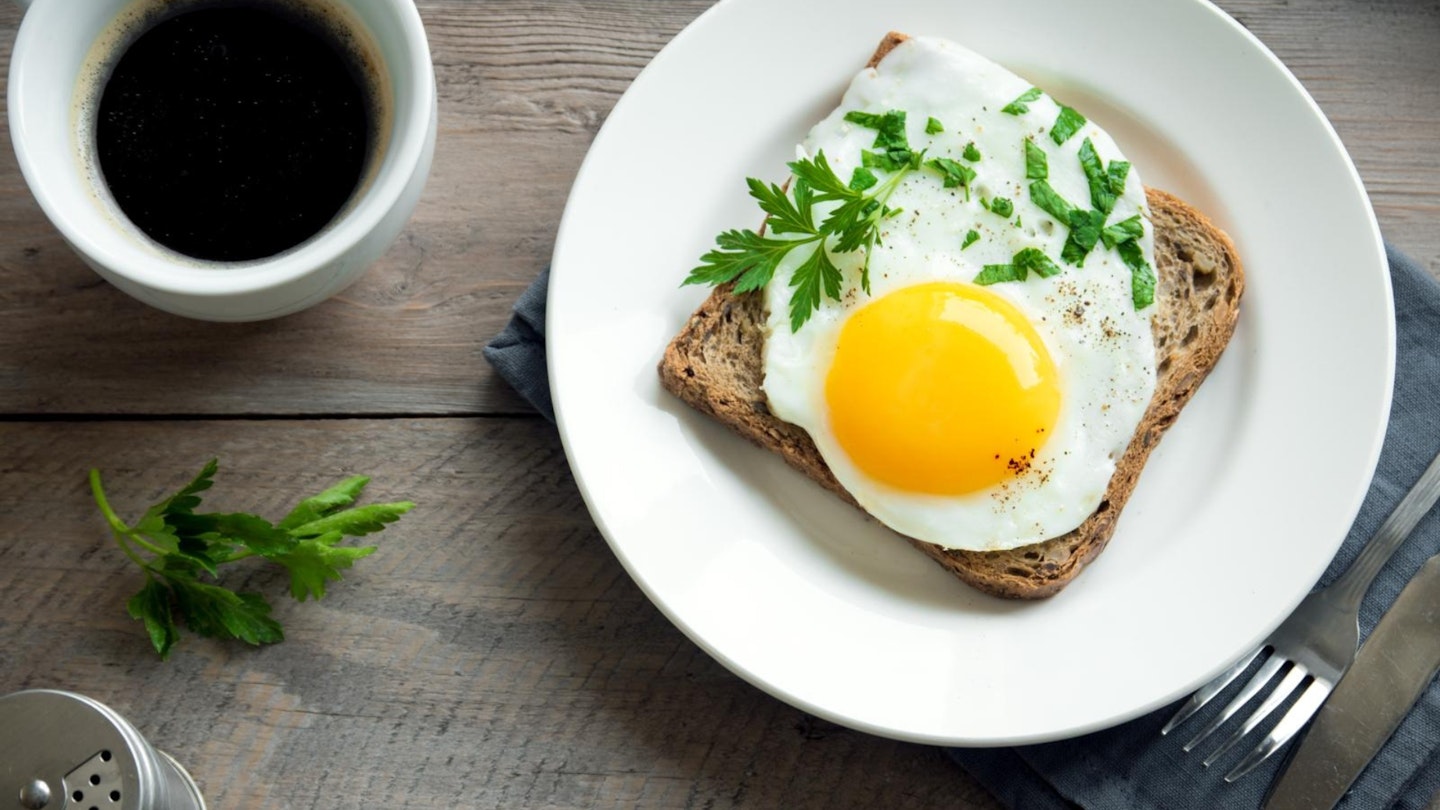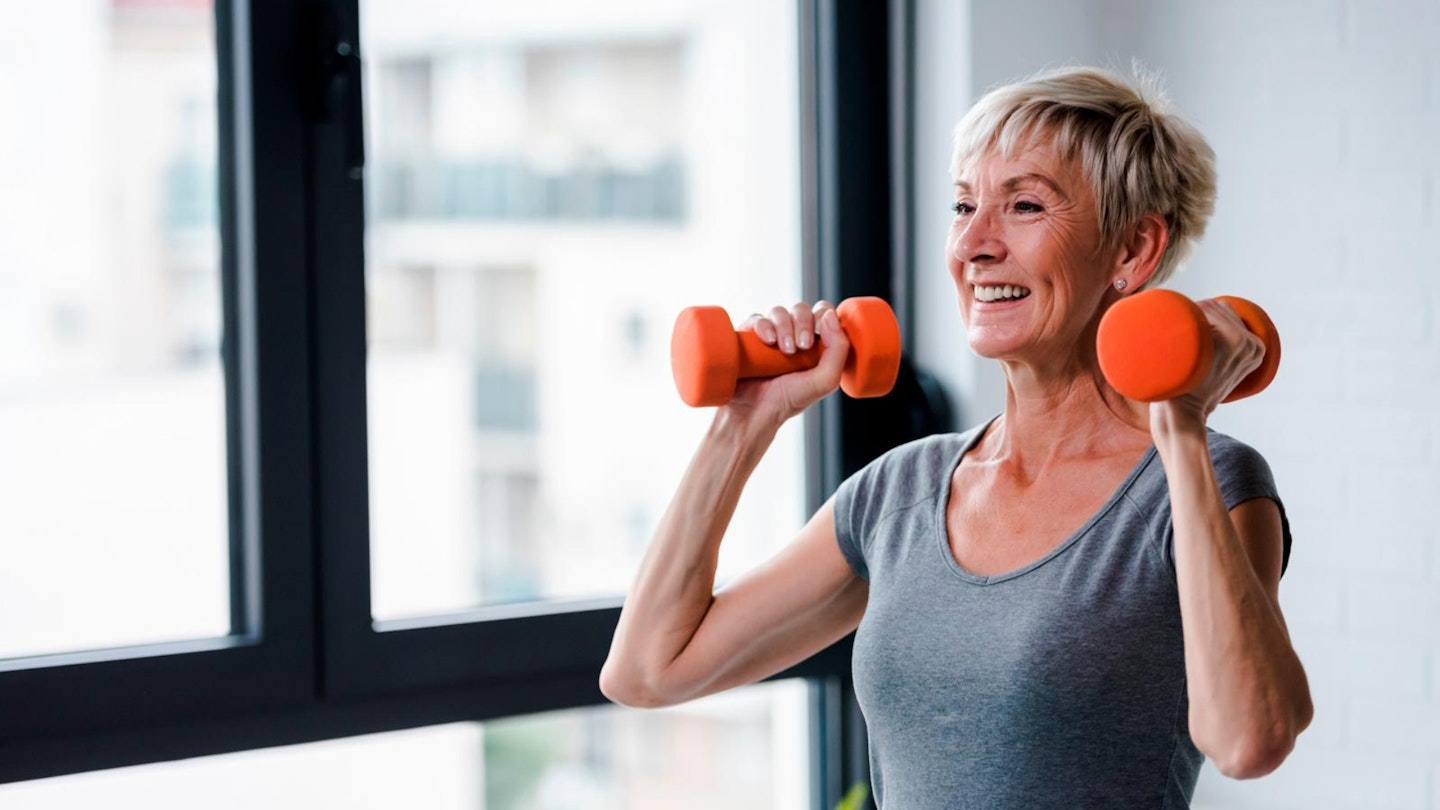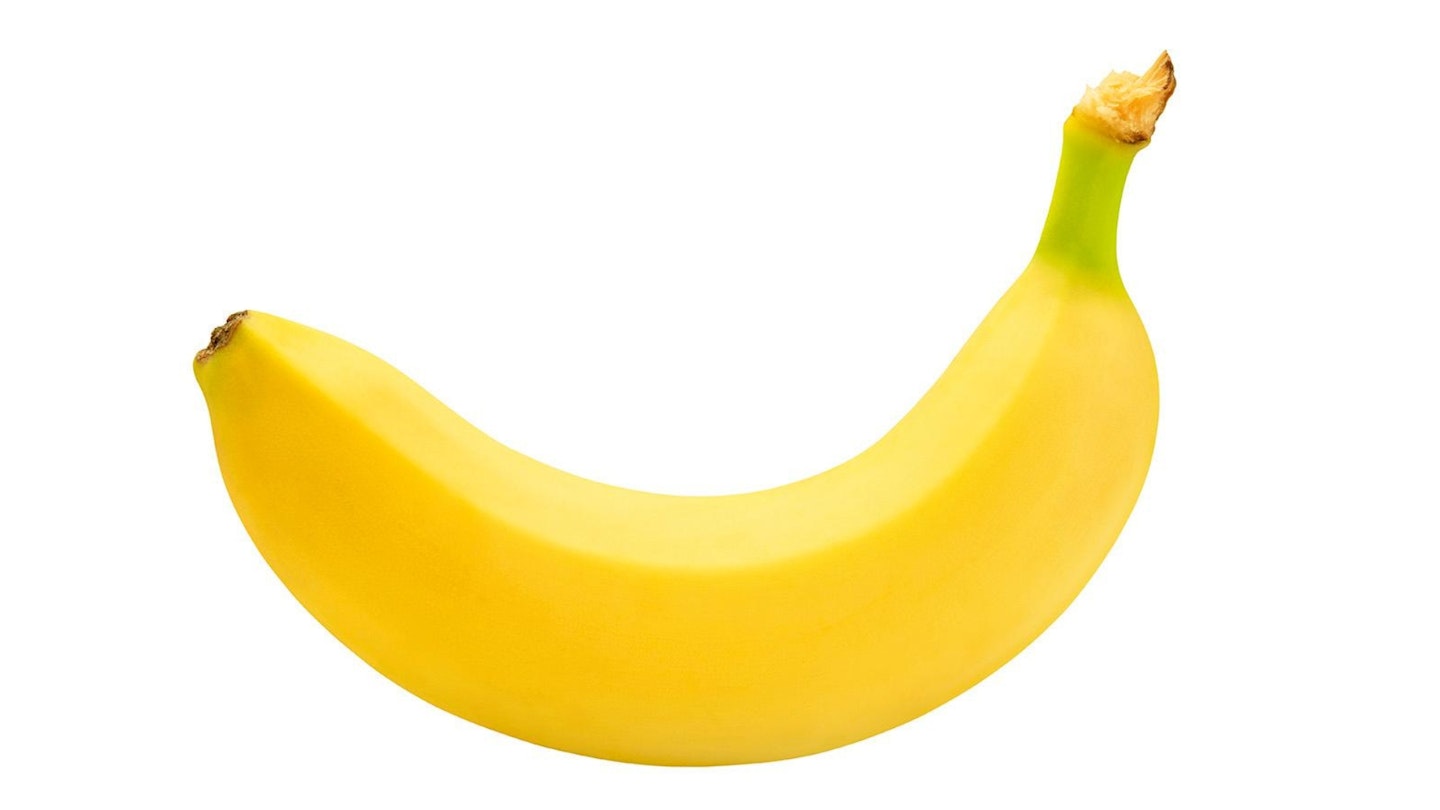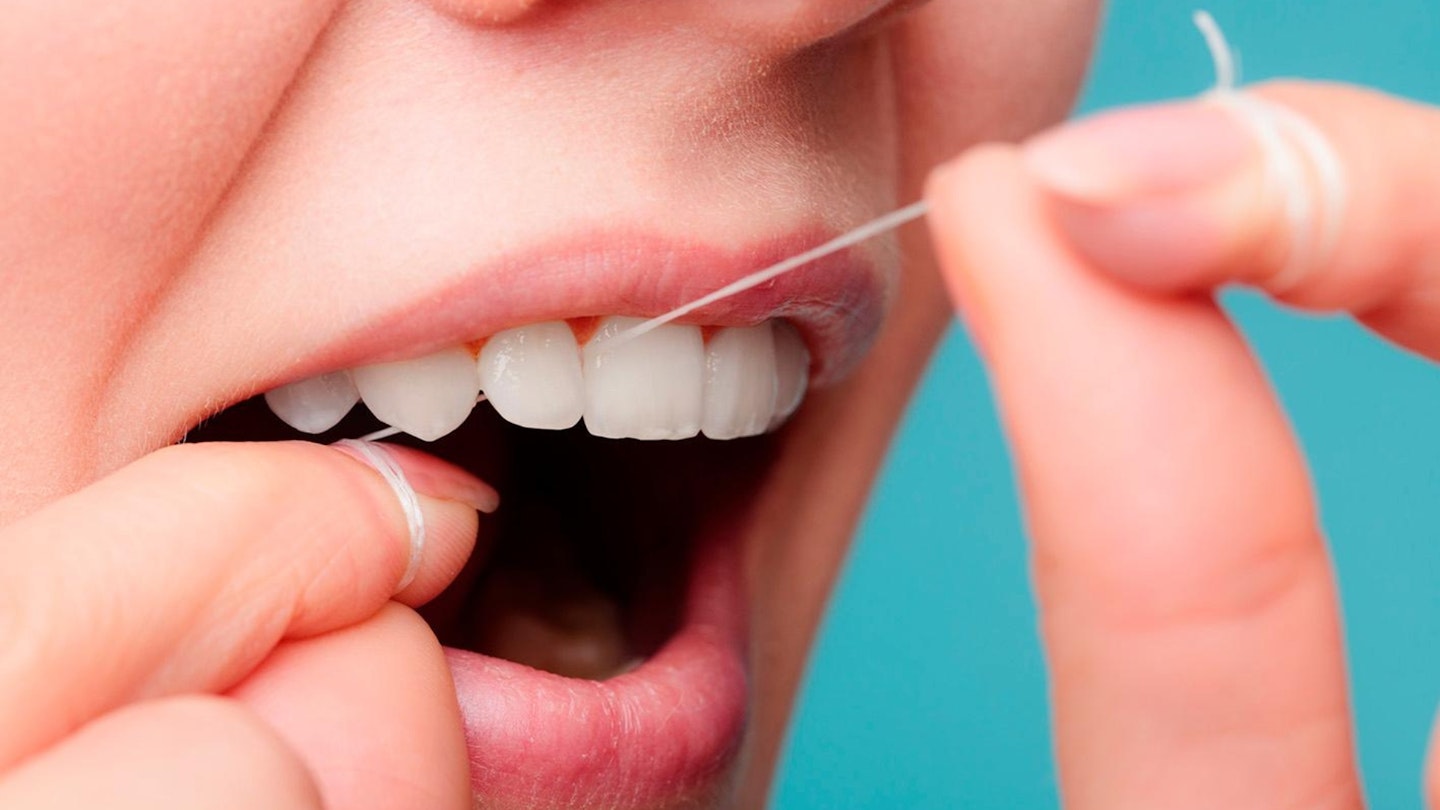We all know heart health is important, but did you know there are many ways in which you can improve it throughout the day? These minor tweaks or habits can make a big difference over time. Here's how to protect your heart morning, noon and night!
Morning
Wake up and smell the coffee...
...and drink it too! The American Heart Association has found that drinking one or more cups of coffee is associated with a lower risk of heart failure – around 30 per cent lower for those who have two cups per day. (Sadly, decaf didn't have the same effect).
Start the day with an egg
Poor old eggs have received a mixed press over the years, but the tide has turned and we can now embrace them as the breakfast champions they truly are. For maximum heart benefits, keep it to just one per day, as a moderate level of egg consumption has been shown to increase healthy metabolites in the blood, according to a new study. Research on a whopping half a million or so people had previously shown that those who ate an egg a day had a substantially lower risk of heart disease and stroke than less frequent egg eaters. The new study has looked further into the proteins in the blood of egg fans, and found that they had more of a type of HDL molecule in the blood that helps to clear cholesterol from blood vessels. So... crack on.

Make your own dinner
Cooking a meal, along with other everyday chores, has been found to reduce heart disease risk in women from their sixties onwards. Those who kept busy with at least four hours of daily movement (including gardening, washing-up and even just taking a shower) had a 43 per cent lower risk of cardiovascular disease compared to those who spent two or fewer hours on the move.
Afternoon
Get moving
Exercise has been shown to reverse the damage of ageing on your heart and prevent the risk of future heart failure – as long as you do enough of it. The trick is to stick to a habit of four or five 30-minute sessions a week, as well as warming up and cooling down sensibly before and after. Ideally, aim for a mixture of high and moderate intensity work outs, as well as some strength work – but any movement is better than nothing.

Snack right
Try swapping a banana for your usual afternoon snack, particularly if you've had a salty lunch. The potassium in the fruit (and other high-potassium foods including avocados and salmon) could help to reduce the negative effects of salt in your diet, and is associated with lower blood pressure – especially in women with a high salt intake. Obviously, you shouldn't use this as a 'get out of jail free' card in terms of upping your salt consumption, but it's good to know that the odd salty meal may be slightly counterbalanced.
Pair banana with a handful of almonds, peanuts or walnuts for even more benefits – eating a variety of nuts is associated with a lower risk of heart disease. Those who have five or more servings a week have a 20 per cent lower risk of coronary heart disease compared to nut-swervers.

Evening
Get flossing
Taking care of your teeth is very important if you want to protect your heart. Poor dental hygiene and bleeding gums can end up causing heart disease, by providing an entry into the bloodstream for up to 700 types of bacteria, which can increase your heart attack risk. As well as regular check-ups at the dentist, a nightly flossing habit can help.

The perfect bedtime
We all know the phrase 'the heart wants what it wants', and when it comes to the ideal bedtime your heart is oddly specific!
According to the European Centre of Cardiology we should hit the hay between 10 and 11pm, as that time is associated with a lower risk of developing heart disease compared to both earlier and later bedtimes. The researchers aren't entirely sure why, but believe it's because that's the optimum time in accordance with your natural body clock. The study, which followed participants with an average age of 61 over a period of more than five years, also revealed that heart disease was most prevalent in those who went to sleep at midnight or later.
Lizzy Dening is an award-winning journalist and has spent many years working for Yours magazine both in-house and as a freelance writer and editor. Her specialisms include health and fitness, interviews (both real life and celebrity) and women’s issues. She’s also written for publications including Grazia, Vogue and the Guardian.
